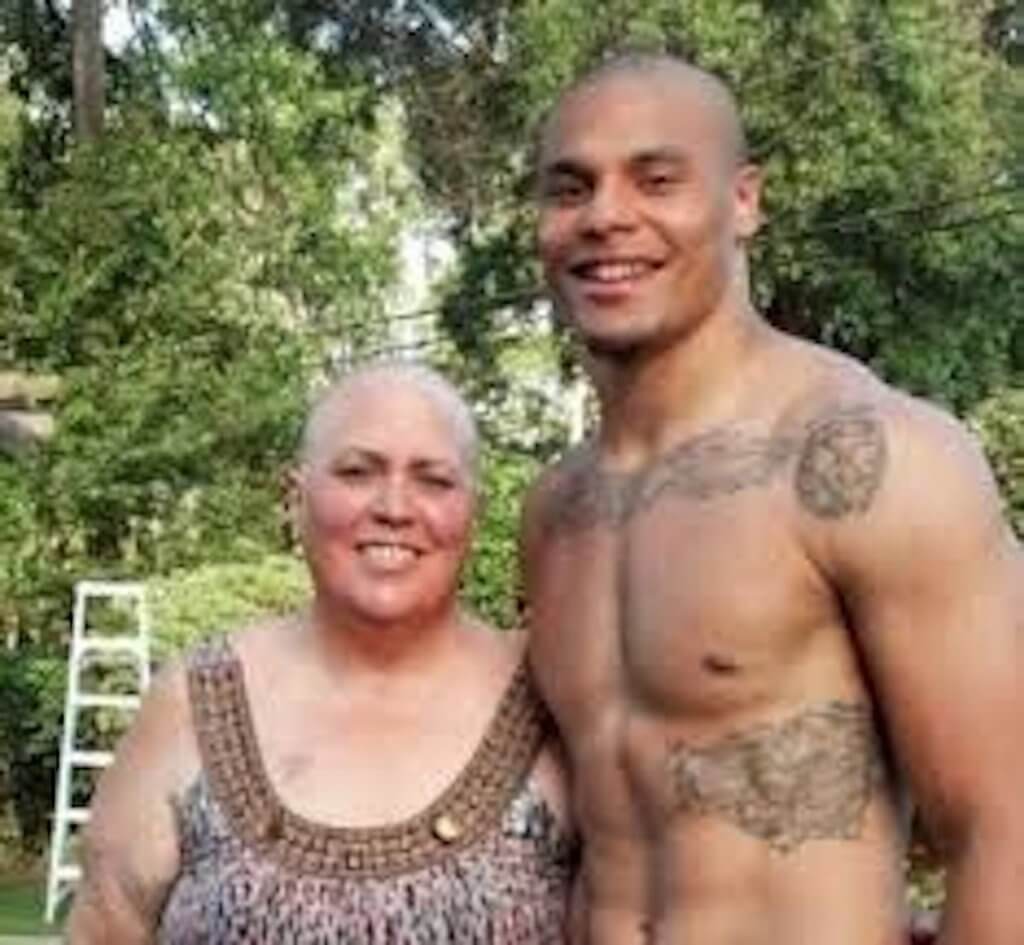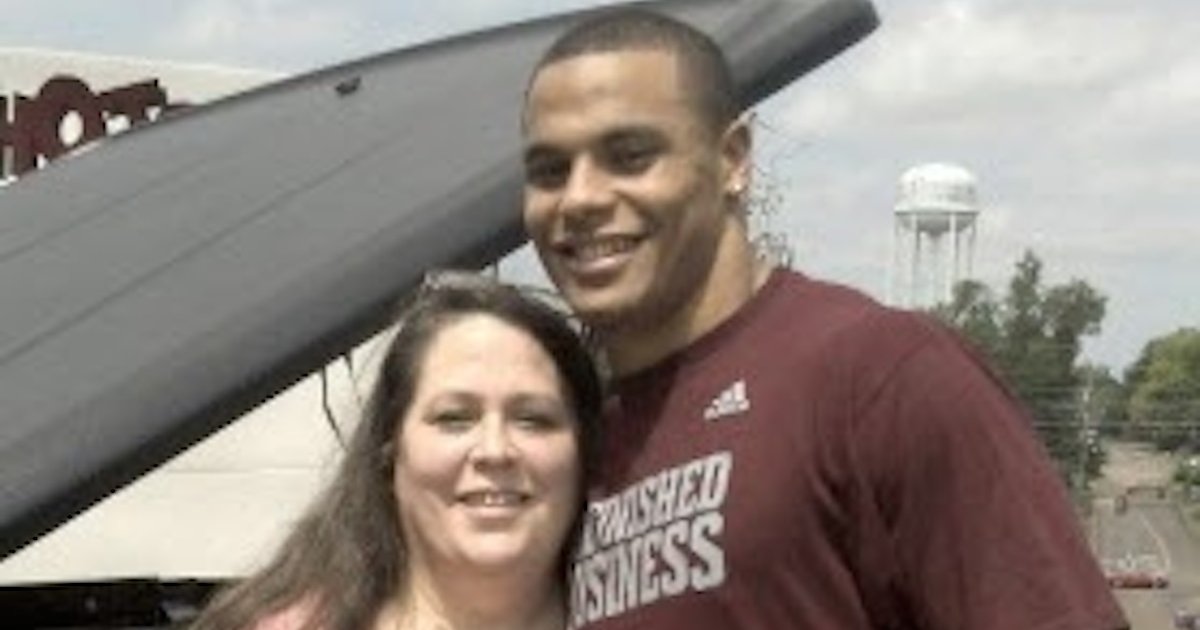Take Care of Yourself
- Dallas Cowboys quarterback Dak Prescott says caring for his mother, Peggy, during cancer treatment took an emotional toll on his family
- Peggy passed away in 2013 from colon cancer and Prescott’s brother, Jace, died in April from suicide
- It’s very important cancer caregivers take care of themselves both physically and emotionally, as depression can be common
Peggy passed away in 2013 from colon cancer at the age of 52 while Prescott was playing football at Mississippi State University. Mid-season, Prescott stepped away from the field to help Jace and their other brother, Tad, care for their mother while she was going through treatment. Prescott says they watched her struggle through side-effects, such as throwing up for ten hours or longer. Not only were the Prescott’s young when they took care of Peggy, but it was likely even more difficult since it was their mother. It was now their turn to care for her, and it understandably took a huge emotional toll on Jace but he never felt comfortable sharing his emotions.
Read More
Losing both his mother and brother over the years understandably has impacted Prescott, who has been refreshingly transparent about experiencing depression and heightened anxiety, especially during the COVID-19 outbreak.
“All throughout this quarantine and this offseason, I started experiencing emotions I've never felt before,” Prescott says. “Anxiety for the main one. And then, honestly, a couple of days before my brother passed, I would say I started experiencing depression to the point of, I didn't want to work out anymore. I didn't know necessarily what I was going through, to say the least, and hadn't been sleeping at all”
Prescott has been extremely brave sharing his story, but was met with ignorance and criticism from FOX Sports commentator Skip Bayless, who disregarded Prescott’s hardships and said he should just “shut up and play football.” Since, Bayless has been called out for his insensitivity by FOX Sports.
Bayless’ comments on Prescott’s honesty about his mental health are unacceptable. This is a very real issue that people face every day and it shouldn’t be met with shame or stigma. We should be thanking Prescott for bringing this issue to the forefront.
Cancer Caregivers: Your Emotional Health Is Important
Cancer caregivers are at a significantly higher risk of experiencing periods of stress, anxiety, depression, especially since you are not only caring for someone battling the disease, but watching them struggle through the experience can be just as difficult.
It’s important that caregivers realize they have needs to, and taking care of themselves is just as important as taking care of a loved one. The American Cancer Society recommends caregivers should take a break, or leave the house, at least once during the day in order to focus on themselves and not become overwhelmed with responsibility. Furthermore, since depression can be common in many caregivers, it’s important to talk through emotions with either a support system or professional in order to cope.
If you or someone you know is considering suicide, please contact the National Suicide Prevention Lifeline at 1-800-273-TALK (8255), text “STRENGTH” to the Crisis Text Line at 741-741 or go tosuicidepreventionlifeline.org.
Learn more about SurvivorNet's rigorous medical review process.

